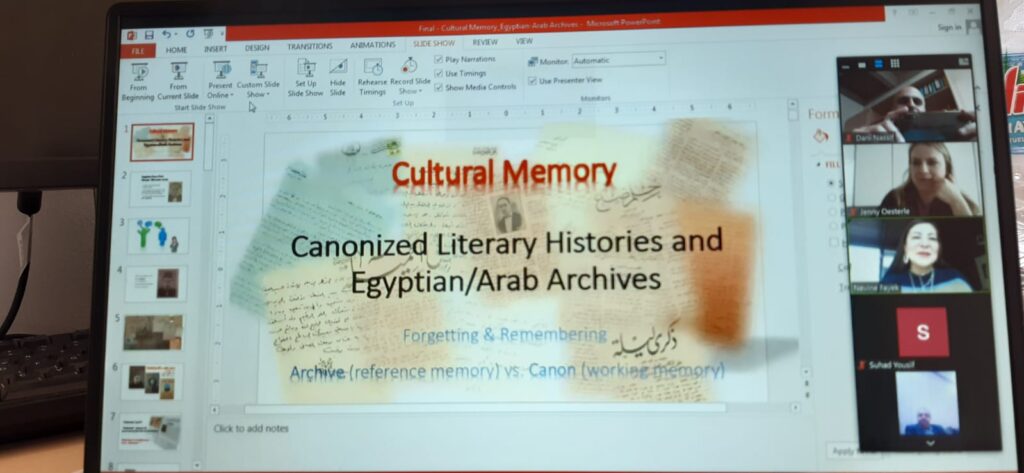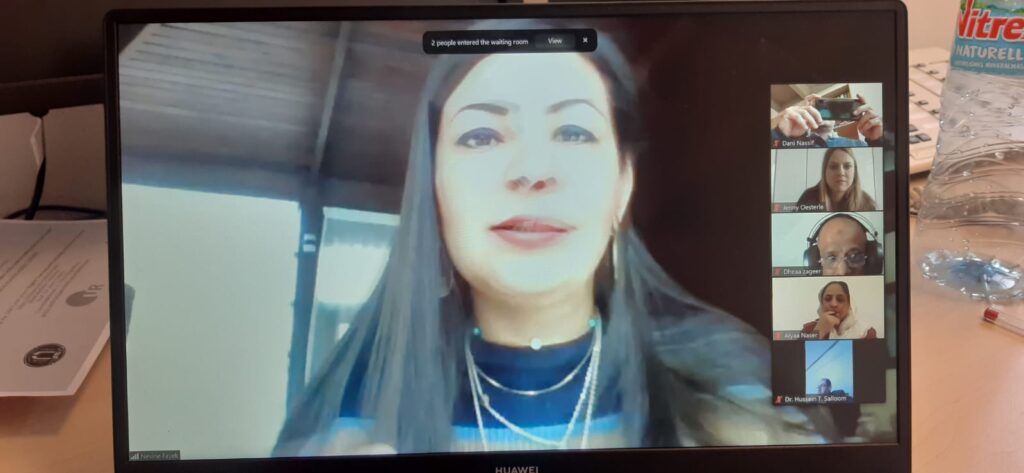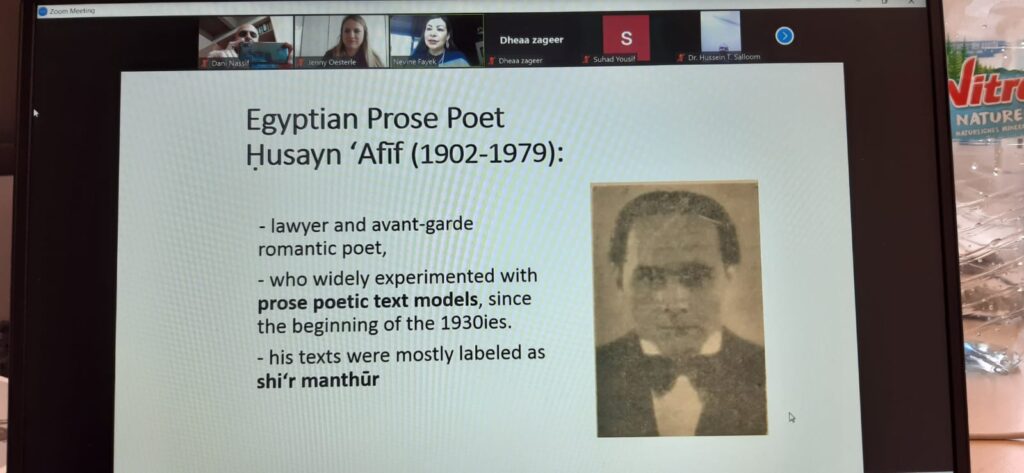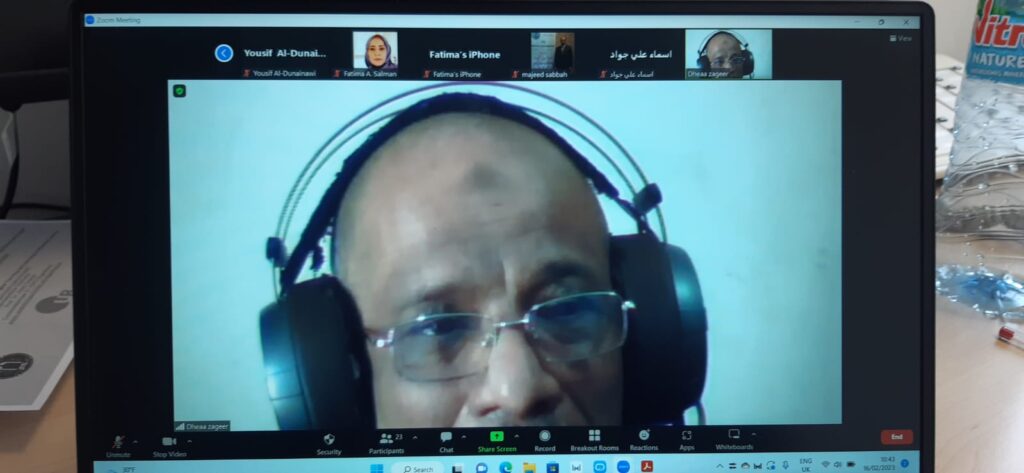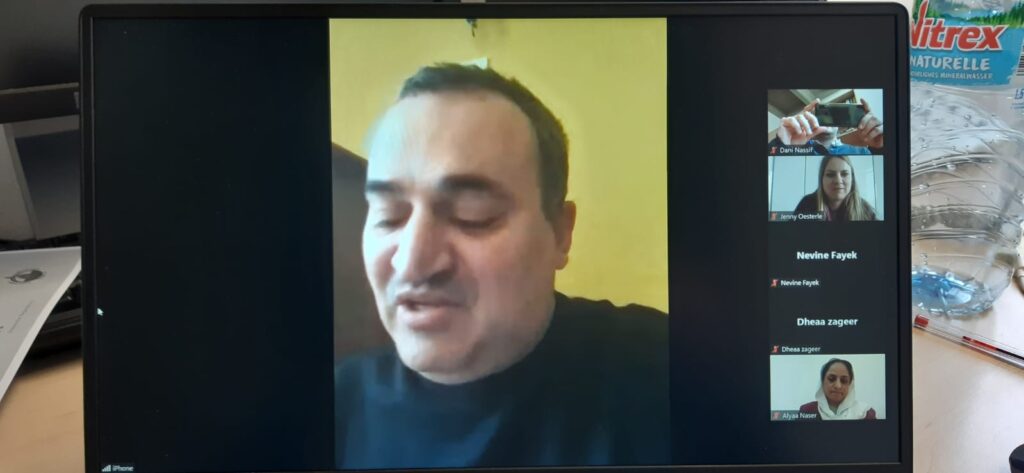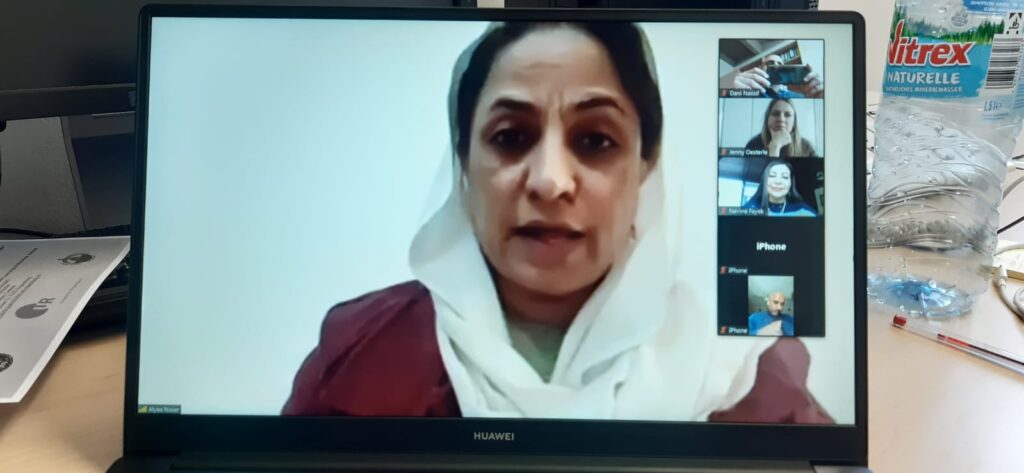Abstract
Cultural memory studies, as developed in the German academic tradition of Kulturwissenschaften (studying cultures), particularly in the works of German scholars Jan and Aleida Assmann, draw on the dynamics of memory formation through cultural practices, identifying the role of remembering and forgetting in stabilizing historical narratives, taking into account the selectivity with which these processes are carried out. Both individual and social memory are selective of a small percentage of matters that get remembered and thus create the ‘canon’, the ‘working memory’ of a society. Therefore, A. Assmann brings forth ‘forgetting’ as a social normality, and highlights the preservative role of the ‘archive’ as a ‘reference memory’ of a society that counterbalances the continuous processes of forgetting. In this presentation, I will share findings from my archival research, which initially began with the study of one private archive of the understudied Egyptian prose poet Ḥusayn ‘Afīf (1902-1979), which eventually exposed traces to further archives, and thus to more ‘forgottens’ from within Egyptian literary journals of the 1930s. I will show how placing the found traces vis-à-vis the canonized historical narrative(s) about the modern Egyptian literary history, opened such narrative(s) to new interpretations. On one hand, reconnecting those traces to their original contextual frames, while re-reading them in light of a complex map of cultural, literary and even political and social discourses and conceptual transformations allows for a profound understanding of a new Egyptian cultural field, whose emergence characterizes the third decade of the 20th century. On the other hand, it also dictates a theoretical reconsideration based on concepts of cultural memory studies, laying bare the process of ‘canonization’ through repetition and circulation, while making us more conscious of acts of ‘forgetting’ that we naturally practice; how these play an effective role not only in forming our perceptions of the past, but also of how the next generations will construct their perception of our present as their past history.
